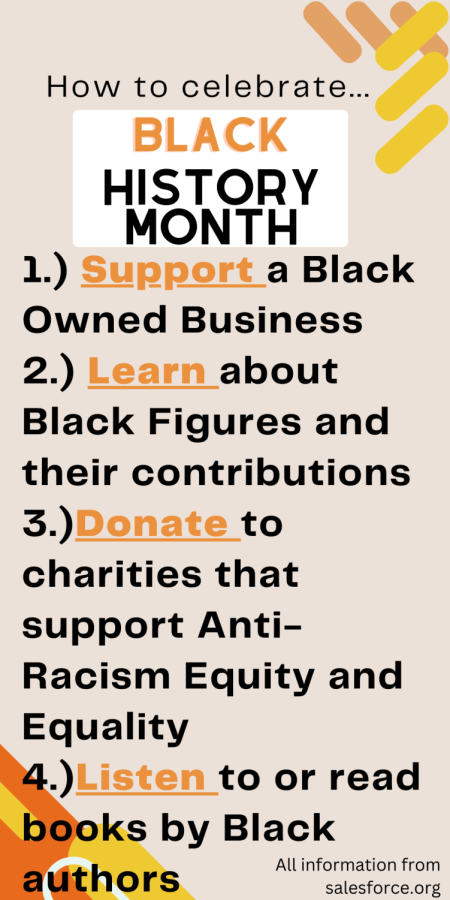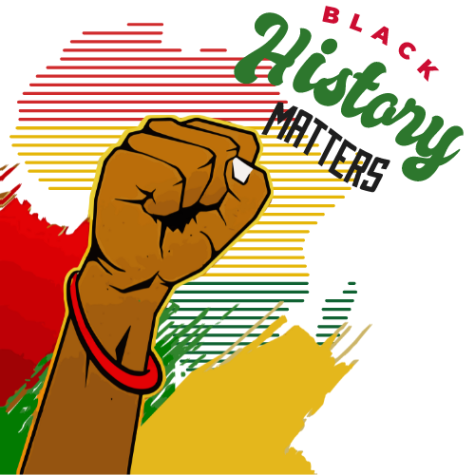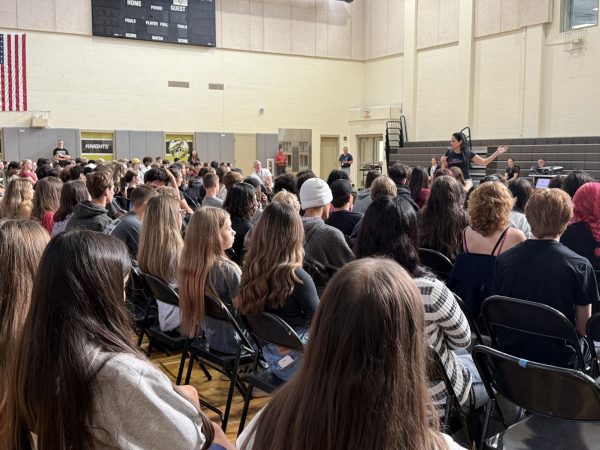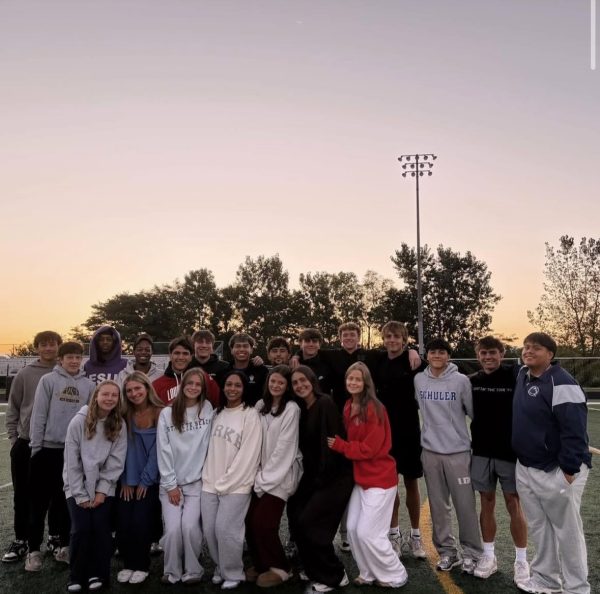North celebrates Black History Month
What is Black History Month? According to a simple Google search, Black History Month is “created to focus attention on the contributions of African Americans to the United States. It honors all Black people from all periods of U.S. history, from the enslaved people first brought over from Africa in the early 17th century to African Americans living in the United States today.” This is the definition of Black History Month as stated by kids.nationalgeographic.com.
America has dedicated February to Black citizens of America. Black History Month can mean a multitude of concepts to different people depending on the person and their heritage. Some people see Black History month as “a month to celebrate Black excellence and to make sure we never forget where we came from,” said junior and member of Black Union Jada Kemp.
Others see it as “an opportunity to put into history something that is forgotten…that’s why the month exists. We have it every year to remind [us of] the deleted history that sometimes we don’t want to talk about, the dark, tough, the evil things that have happened. We have to see that it’s a part of American history,” said security guard Theo Hayes.
Black History Month is celebrated in millions of different ways as each Black person has had their own experiences that make up how they believe this month should be celebrated. Black Union is a club that directly works to show North how they celebrate Black History Month and suggests ways to join in or celebrate on your own.
“In BU we’ve talked in meetings about what we’ll do for the month to help bring more awareness to Black History Month,” Kemp said.
Similar to recurring years, BU puts up famous Black artists, actors, singers, activists, movies, and shows in order to showcase Black people to remember this month. Aside from the traditional way the club celebrates this month, each individual club member along with other Black people celebrate Black History Month in different ways.
Mr. Hayes, a security guard at North, celebrates by “…watch[ing] a lot of videos, things that have happened in the past, current things that are happening in the future,” he said.
“I’ve never really done anything special for Black History Month besides posting something on my story here or there. Black History Month means for me that what my ancestors fought for wasn’t for nothing, and since they’ve died, new generations are continuing to fight for equality,” Kemp said.
And while some people have a designated way of celebrating this month, others celebrate Black History Month in a more fluid way. Aside from how people celebrate, the awareness of this month at all is extremely valid for Black Americans.
“[People being more aware about Black History Month] would be more helpful because history repeats itself. A lot of things that are occurring now have been occurring in the 90s, in the 80s, and the 70s, so it will repeat itself. Many of the issues we have are police relations, poverty, equity. It’s been there and it becomes an issue. It kind of slowly becomes not an issue and then it comes back up, so we dismiss it for such a long time,” Hayes said.
More than just celebrating the historic month and what people believe it should stand for, Black History Month also means listening to our peers about their experiences. Day to day life as a Black American can mean different things depending on the person, religion, gender, and sexual orientation. This month means more than just celebrating those who were activists in the past. It means understanding one another and choosing to learn about those we may assume live life the same as us.
“Being Black is incorporated into my everyday life in everything I do. Most people don’t realize if they aren’t Black, but it’s a lot of who we are and the way we do things and talk.
Black History Month represents the fight for equality to me,” Kemp said.
“Being Black means a lot because while being African American or Black, there are people who are intimidated by us. There are people who are confused by us, and there are people who are scared of us. And every interaction I have with someone who doesn’t look like me is a lesson. It is a first impression, and I try to make my first impression my best impression,” Hayes said.
The experiences whilst being Black can also differ in upbringing as well as age. Some can be born in areas where Black culture isn’t typically embraced, whilst others are simply biracial and are not always allowed that connection to this other side of them.
“Being mixed, my experience with white peers versus Black peers at North differs for each person. Sometimes you feel distance from one group of another and like you can’t relate to the opposite race,” Kemp said.
More than just overlooking experiences, people tend to overlook the significance of Black History Month. This month is more than just a celebration toward Black Americans, but it is also a tribute to those who were never truly given the respect or correct treatment they deserve.
“Besides Black people, I think for the month people should be more considerate to history. It’s just not an interesting thing in the world today, but February would be the month for people to look into that,” Hayes said.
Presently there are many tributes and celebrations for Black History Month. Nonetheless, in the earlier days people were more hesitant to partake in the month. In February of 1968, Black History Month or “National Black (Afro-American) History Month” was officiated after Congress passed a law. Many years before that though, people tried to celebrate Black culture. In 1926, Carter G. Woodson, known as “the father of Black History,” set out to have a time to promote and educate people about Black history and culture. He created a weeklong celebration to encourage this positive thinking toward black people. In the late 60s “Negro History Week” evolved into Black History Month.
Overall, Black History Month means a lot of things. There is no one definition that can describe this month that contains so much history, so much future and potential. There is no one word that can explain how each Black American feels every day of his or her life. This month is an opportunity for people outside the Black community to learn more about their peers and how they live their life. This is the time people can take to show their level of understanding and create a bond between different people.







